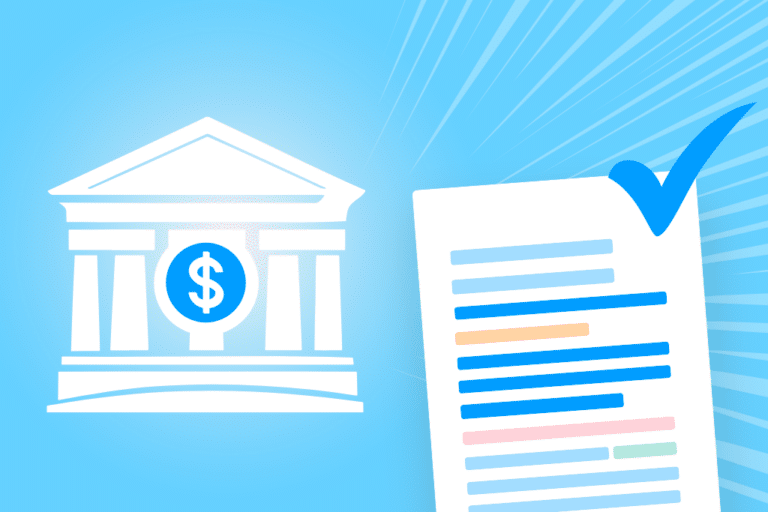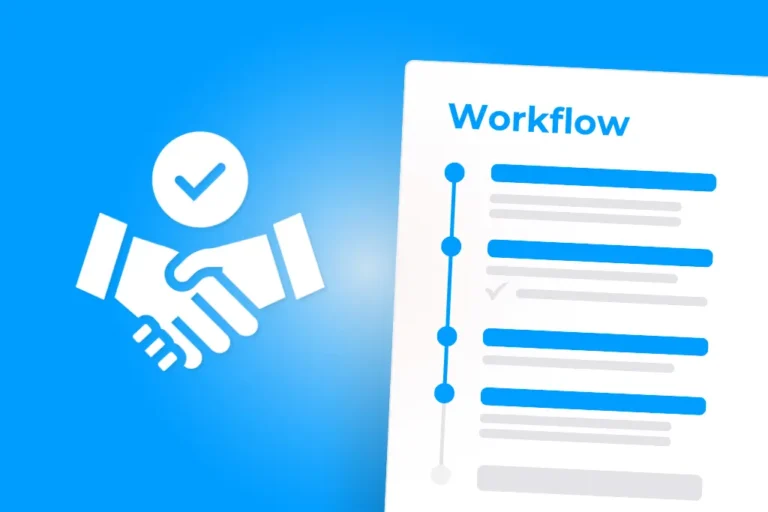Making meetings more productive, less lengthy and ultimately more communicative should be a goal all Legal Departments should strive towards in 2019. Learn how to focus on engaging your team to actively listen with three simple tips, become more meeting savvy and learn how experts manage to lead better meetings by ‘brainsteering’ the conversation.
1: Listen up
The art of listening, really untangling the key messages from each participant is one of the biggest stumbling blocks in meetings. A staggering less than 2% of people have had any formal education on how to listen. Research varies, suggesting that we roughly spend one third of our focus on listening and with the addition of laptops, tablets and smart phones at our fingertips in meetings, technology can distract from our initial purpose- to fully listen. Melissa Daimler, an organizational development advisor stresses three simple tips for more effective listening that can be shared with your entire team:
- Eye contact: engaging your body language will help you attune more rapidly your listening ability as you focus entirely on the person speaking. Taking margin notes is also recommended by Daimler to keep your mind focused.
- Block time: by pencilling in more time for your own work and consistently doing so will improve your attention for actual meetings
- Ask more questions: Diamler notes that in order to fully gauge a situation, the best way to increase your understanding of what you have just heard is by asking a question.
2: Be Meeting sAVVY
Is it necessary to haul your team into the boardroom for a 3 hour weekly debrief? It all boils down to how effective you are with the time spent together. A 2017 Harvard Business Review study of 182 senior managers found that ‘71% of respondents found that meetings are unproductive and inefficient’ while ‘65% said meetings keep them from completing their own work’. Timing meetings is incredibly important to strike the right note. Scheduling longer meetings can compromise employee solo deadlines and interfere with their projects ultimate success. Harvard University researchers Leslie Perlow, Constance Noonan Hadly and Eunice Eun have found that the effects of over burdening meetings result in employees eating into their own personal time to get their work done, something which leads to burn out and high staff turnover. Therefore, management need to make the time spent collaborating in meetings more effective by circulating information to be discussed beforehand and working within the set timeframe.
3: Re-fresh the process for stronger ideas
Forget brainstorming, according to in-depth research from McKinsey and Company, leaders who operate these traditional idea garnering meetings are missing out. Researchers and authors, Kevin P. Coyne and Shawn T. Coyne have instead coined the term, ‘brainsteering’ to come to better decisions whereby meetings become more structured to yield more creative fruit. The Coyne’s who steer their own strategy consulting firm, Coyne Partnership, argue that these meetings require more extensive preparation, need ‘people who can answer the questions you’re asking’ and suggest that attendees should, ‘conduct multiple, discrete and highly focused idea generation sessions among subgroups of three to five people’ at maximum. The Coyne’s recommend that the focus of each traditional meeting brainstorm should be to ‘thoughtfully consider and discuss a single question for a half hour’. Quality over quantity when it comes to ‘brainsteering’ leads to more focused, question-based approaches means that senior management can ‘consistently coax better ideas from their teams’.
DiliTrust Governance is a collaborative legal platform to streamline, centralise and organise all legal activities in your Legal Department. It simplifies the management of all corporate legal activities in one secure place. Legal departments can archive legal documents, monitor legal developments with their team and instantly share legal documents. Contact our team to see how DiliTrust Governance can help your Legal Department today.



